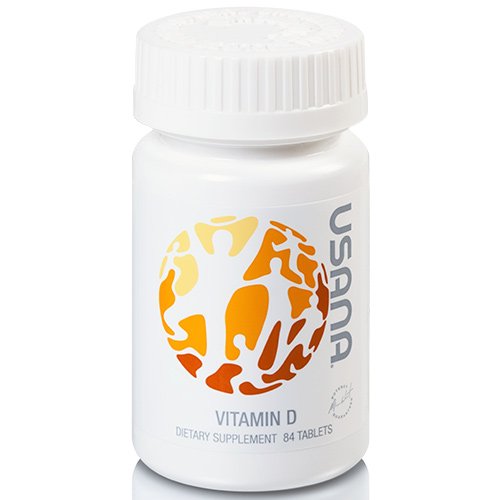Description
Food intolerance typically manifests in the digestive tract as occasional diarrhea, cramping, bloating, gas or upset stomach. In contrast to food allergies, the symptoms of food intolerance are often delayed and may not occur until several hours or even a day after intolerable food is ingested.
Identifying the particular food or food groups that cause sensitivity is important for addressing intolerance. Elimination diets are a common practice but not always possible or practical. Restaurant meals frequently contain ingredients containing gluten, lactose, and other common triggers. Reducing or eliminating trigger foods can be helpful, but dietary modification in combination with enzyme supplementation provides peace of mind and complete digestive support.
As an alternative to elimination, enzyme supplementation may assist and enhance the digestion of foods, therefore allowing greater availability of nutrients for the body. Enzymes are capable of breaking down dietary constituents small enough to minimize encounters of intolerance and maximize absorbability.
A full spectrum digestive enzyme formula, such as Intolerance Complex, provides support for both common and uncommon food intolerances. As lactose and gluten intolerance are the most widespread concern, Intolerance Complex contains lactase for digesting the dairy sugar lactose, and DPP-IV activity for digesting gluten proteins found in wheat and other grains. Alpha Galactosidase is included for digesting gas-forming complex starches commonly found in beans, grains and fibrous vegetables. Support for protein, fat and carbohydrate digestion rounds out the formula in order to expand the body’s capacity to liberate nutrients from foods eaten. By doing so, the fuel available for metabolism and cellular health is increased.
Adenosine Triphosphate (ATP), produce in every cell, is founded in all raw foods and is the body’s natural source of energy. Supplementing with ATP complements a healthy diet by increasing the energy potential of the foods consumed. It is also a primary signaling molecule for healthy digestive processes. One such process is the necessary production of Hydrochloric Acid (HCI) in the stomach, which supports protein digestion. ATP in the intestinal contents also binds to receptors that stimulate proper peristalsis and mucosal integration.





Reviews
There are no reviews yet.